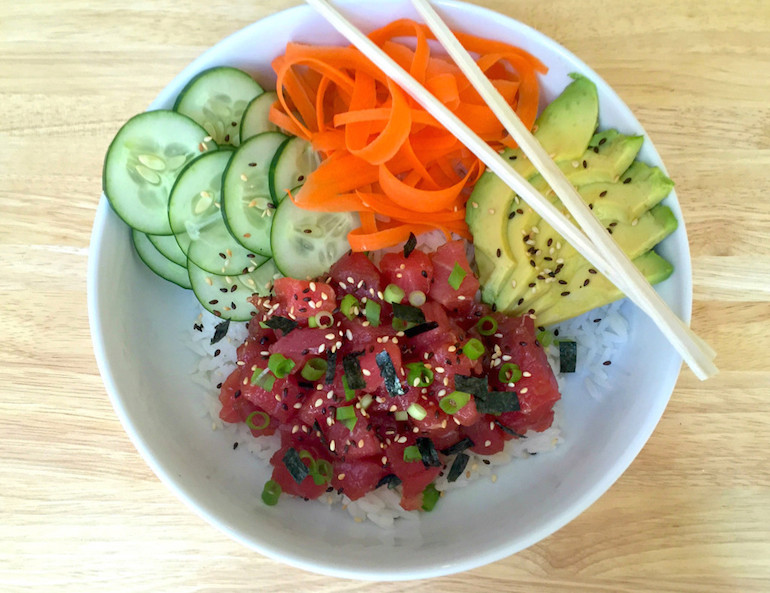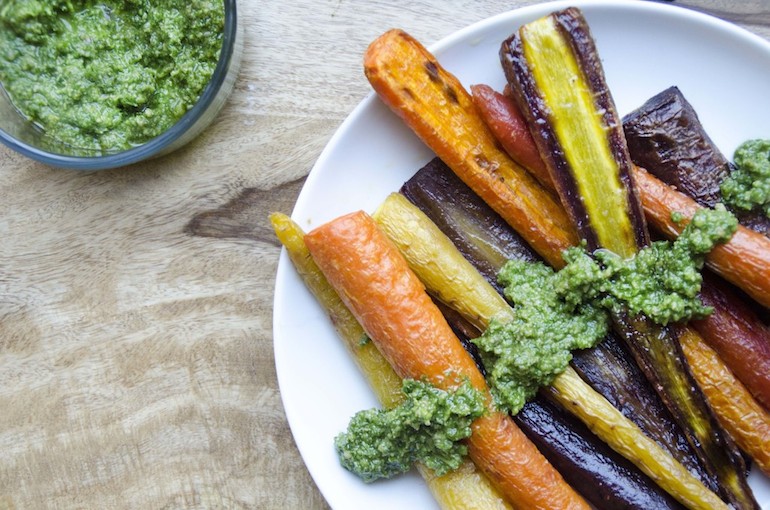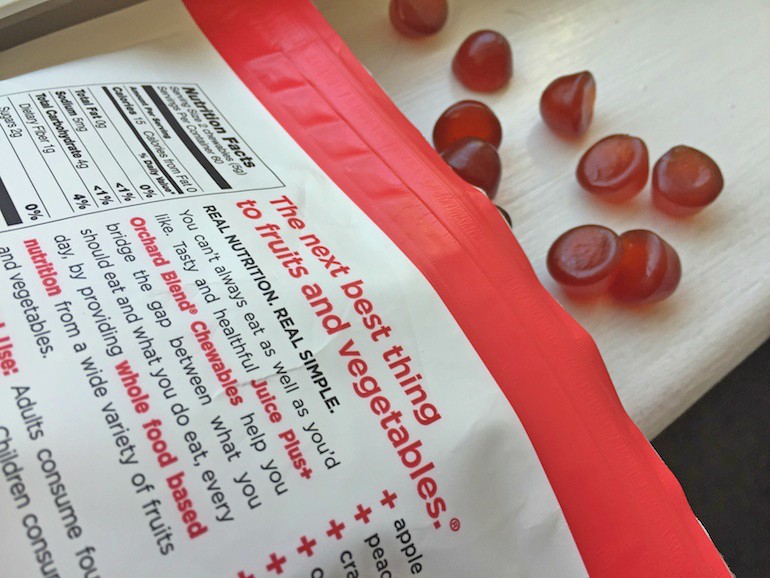As we move through college and become self-sufficient adults (lol #wut), the pressure mounts to truly understand what we’re putting into our bodies. Mom doesn’t stand over you in the dining hall, telling you to eat your broccoli and take your vitamins.
If our only experience with nutrition is what our parents told us, we might blindly assume that supplements are good for us and that more of a good thing is a great thing. Actually, you can absolutely ingest too many vitamins. Here’s how to avoid the symptoms that can result from this.
Eat a balanced diet

Photo by Angela Pizzimenti
This trope is so overused that we might even remember what it means. Vegetarianism and gluten-free fads aside, this phrase is really about getting all of your necessary nutrients. It is perfectly possible to remain fit and healthy if you just eat a varied diet, no supplements necessary.
However, those of us who don’t care about a balanced diet (or whose diets exclude one or more food groups) might be missing an important chunk of nutrients. If this sounds familiar, analyze your intake to find out which nutrients correspond to this missing food group and then follow these guidelines accordingly.
Take extra B12 if you’re a vegan

Photo by Becky Hughes
According to the UK’s National Health Service, vitamin B12 only occurs naturally in foods like meat, eggs, milk, and cheese. Fruits, vegetables, and grains contain no trace of it. This means that vegetarians are perfectly capable of getting enough B12, but vegans may need to take supplements, or risk nerve damage later in life.
Don’t take extra folic acid – unless you’re pregnant

Photo by Emma Noyes
Some women preemptively take folic acid to prepare for future motherhood. This might have been smart once, but with the introduction of enriched grains (check out your bread or pasta labels – we guarantee those words will be there), women now eat more than enough folic acid. Taking too much while not pregnant actually hides the signs of vitamin B12 deficiency.
Don’t take vitamin C when you’re sick

Photo by Jocelyn Hsu
We know. For your whole life, you’ve been told to chug orange juice when you’re sick. Don’t do this. Seriously. There has been no significant scientific evidence that increasing your intake of vitamin C helps the symptoms of the common cold.
Watch the D

Photo by Grégoire Gurand
If you live somewhere cold as sh*t that never sees the sun, you might need a bit more of the D. Eating eggs or oily fish, like salmon, can help battle this deficiency. If you regularly spend time in the sun, however, definitely don’t take vitamin D supplements. Over-intake can damage your kidneys and weaken your bones.
Limit your intake of fortified foods

Photo by Lawrence Yu
As WebMD so eloquently says, “if you eat a fortified cereal at breakfast, grab an energy bar between meals, have enriched pasta for dinner, and take a daily supplement, you could easily be over the recommended daily intake of a host of nutrients.” Once again: balance the diet, and you have no need for foods with unnaturally added vitamins.
Don’t treat gummy vitamins like candy

Photo by Emma Noyes
We know they taste really good. Just like candy, munching on gummy vitamins can lead to a quick sugar overdose and tooth cavities. More importantly than this, however, is the result of uncontrolled vitamin consumption: nausea, hair loss, diarrhea, and a host of other problems.




